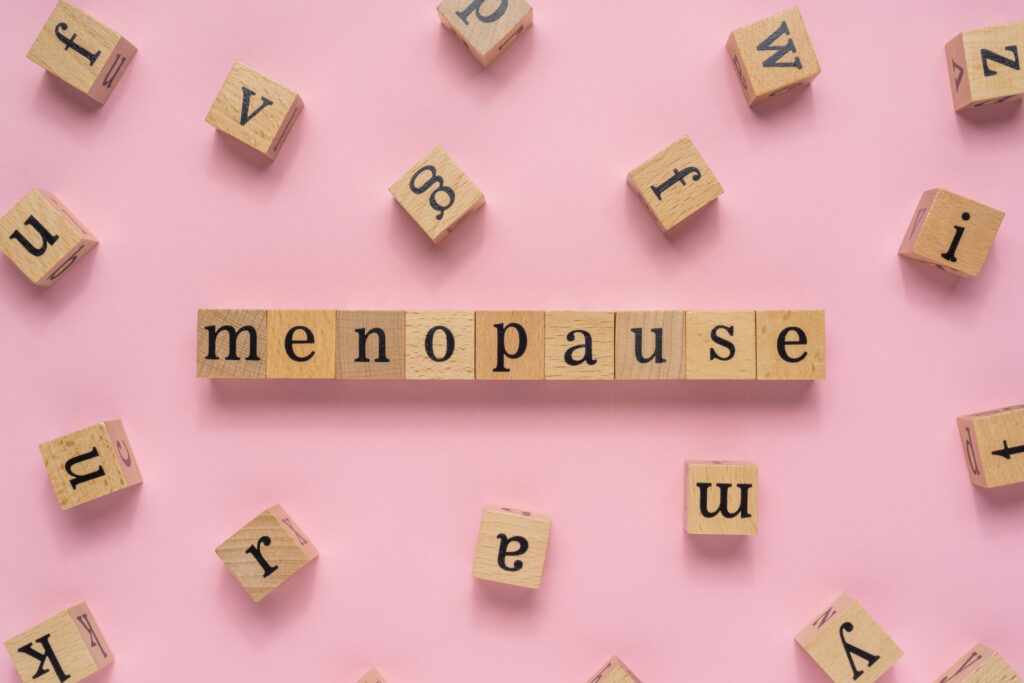For campaign 4 of the VN Futures Diversity, Inclusivity, and Widening Participation Working Group, we will be taking a closer look at how to support those affected by menopause. Our BMAS HR Consultant, Jo Johnston, has written a blog about menopause in the workplace and why employers and colleagues should be opening up conversations about menopause, as well as providing an inclusive and supportive environment for those experiencing menopausal symptoms.

Undoubtably the can menopause can impact negatively on workplaces, but it doesn’t have to be this way.
In 2019 CIPD research showed that three in five women experiencing menopause symptoms said it had a negative impact on them at work. We also know from research that employees who go sick because of menopause symptoms don’t always declare this to their employers and fit notes sometimes say ‘anxiety or stress’. Research has shown that only 7% of employees off sick with menopause symptoms for more than 7 days had a fit note that stated menopause symptoms as the reason for their sickness. Large numbers of affected employees either reduce their hours or even leave their job. It is important to recognise that everyone’s experience is different.
Menopause does not affect only women. Trans, Intersex and some Non-Binary people can be affected. It might be harder for these groups to talk to their employers – especially if they have not disclosed their status. This is a barrier for people and policies need to specifically recognise these groups of employees. Partners and families can be also be significantly affected.
Some people with chronic health conditions find that their condition(s) can be made worse by the menopause, for example diabetes, MS, skin conditions and fibromyalgia symptoms can all be exacerbated by the menopause and menopause symptoms can be made worse by some existing chronic health conditions.
Employers should treat the menopause in the same way as any other health condition. This would help to create a culture which is more inclusive and would allow helpful conversations to take place about reasonable adjustments that would benefit both parties. Ideally having support in place that can be easily accessed can benefit employees, enhance the business effectiveness and reduce the risk of legal action being taken against the employer.
Whilst the menopause itself is not a protected characteristic, under the Equality Act 2010, if an employee is treated less favourably because of their menopause symptoms, this could be considered to be discrimination related to a protected characteristic, for example:
- Age
- Disability
- Gender Reassignment
- Sex
Whilst menopause may meet the definition of a disability under the Equality Act 2010, (that is a “physical or mental impairment…[that] has a substantial and long-term adverse effect on [their] ability to carry out normal day-to-day activities”, it is better practice for the employer to support the employee at this time rather than trying to focus only trying to determine if their symptoms meet the criteria for disability or not. Supporting the employee, making reasonable adjustments if required and retaining the talent that the employee brings to the business are the priorities.
More and more employers are being proactive and introducing menopause policies in their workplace. Menopause ‘Champions’ or another point of contact who can signpost to routes of support are being introduced, training is taking place in how best line managers can support an employee who is affected at work. Existing policies (Absence Management, Sickness Reporting, Diversity and Inclusion, Flexible Working) should be reviewed to ensure any links that are required to reference menopause are included. Normalising the issue is a big factor, menopause is not a taboo subject. The more that workplaces can keep talking about the menopause and get the message to the employees that the employer is committed to supporting people who are affected, the easier it will become to remove the barriers and it will cease to become a taboo subject.
